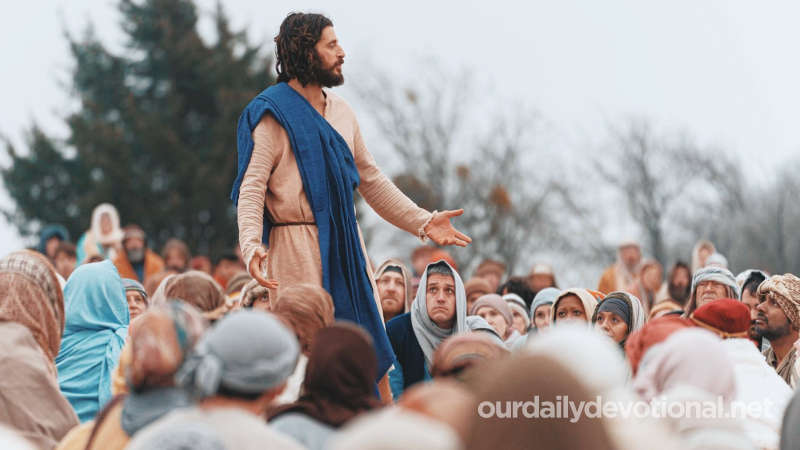Ultimately, all authority to dispense justice, to decide disputes, to order punishment and reward, resides in God.
We see God delegating to men the responsibility of repressing violence, which he had brought to the world of God's judgment earlier with the waters of the flood (Gen. 6:11; 9:5, 6).
The administration of justice presents very diverse forms in the Bible. In the patriarchal society, the father of the family administered justice among his people (Gen. 21:8-14; 38:24); In Egypt there were royal officials who were responsible for administering justice, as delegates of the king, who embodied the will of the gods.
Despite their erroneous conceptions about God, the constituted power was and is that established by God, and responsible before Him, for the administration of justice, having received power from Above (cf. Jn. 19:11) .
With Israel in the desert, Moses, the Mediator of the Covenant, is alone in charge of administering justice, a situation that is modified by the advice of Jethro (Ex. 18:13-27), with Moses appointing inferior judges, who will solve it in the first instance. minor cases, reserving serious cases for him.
Joshua inherited this structure from Moses. This leads to the time of the book of Judges, when Israel falls again and again into idolatry and the judgment of God, each one doing "what seemed good in his own eyes" (Judg. 21:25).
In this state of things, God raised up judges (see JUDGE), as liberating leaders who, when Israel returned to God, led them and were also responsible for administering justice.
With Eli and Samuel we see the administration of justice in the hands of the priesthood. The people being dissatisfied with the action of the sons of Samuel (1 Sam. 8:1-5), the central responsibility now passes to the Monarchy; under Jehoshaphat (2 Chr. 19:5-7) judges were established in all the fortified cities of Judah.
When Judah fell, and the captives returned, the administration of justice resided in the sovereignty of the corresponding empire.
Under the Persian empire, Nehemiah was governor appointed by King Artaxerxes, judging the people based on the law of Moses, with autonomy, but personally subject to the authority of the Gentile king.
In the NT, under the Roman Empire, the Jewish nation went through several stages. At the trial of Christ, the Jews had autonomy to judge their own affairs, except the imposition of the death penalty, which was in the hands of the Roman procurator (John 18:31), although sometimes summary trials were given that resulted in illegal lynchings (Acts 7:58).
In every lawsuit and trial, the accused had to be given ample opportunity to defend himself (Deut. 1:16, 17) without distinction by rank or position; The accusation could not be accepted from a single witness, but from two or three who agreed separately (Deut. 17:6; 19:15), with false witnesses being harshly punished (Deut. 19:18-21).
In case of a death sentence, the witnesses were the first to take action to carry out the sentence, generally by stoning in Israel (see PUNISHMENT), and the people present followed in this.
The lawsuits or trials took place at the gates of the cities, a market place (Deut. 21:19; Am. 5:19). Lot had the dignity of judge in Sodom (Gen. 19:1).
In anticipation of Israel's entry into the land of Canaan, Moses gave laws and regulations for the establishment of a centralized administration of justice in "the place which the Lord your God chooses" (Deut. 16:18-13; 19:15- 21, etc.).
Meaning of ADMINISTRATION OF JUSTICE
Ultimately, all authority to dispense justice, to decide disputes, to order punishment and reward, resides in God.







